3 Concepts I Love about RIE Parenting and 4 Things That Don’t Work For Us
I’m excited to share my thoughts the “RIE” philosophy. RIE stands for Resources for Infant Educaring. It was coined by Magda Gerber and is based on her teachings which are inspired by her pediatrician Emmi Pikler’s philosophy. Magda was born in Hungary, and brought her teachings to the US in 1980. She died in 2007, but RIE is growing at a rapid speed. Today, the RIE movement is spearheaded by Lisa Sunbury Gerber and Janet Lansbury, both of whom blog successfully and help countless parents, myself included, with revolutionizing their approach to infancy and early childhood.
My own love affair with RIE began with my falling down the Janet vortex. Janet’s blog was kind of my gateway drug to respectful parenting. So here are some things that work in my own family, that we have learned from RIE:
- Respectful, straight forward communication
We never pick our baby up without telling him first. Janet says, imagine you were old and could no longer control your body or communicate properly… how would you want your caregivers to treat you? She inspired me to think long and hard about a baby’s perspective and about how it feels to be “babied” in the negative sense of the word, patronized and overlooked. Instead we try to communicate clearly and to look and listen for any communications from even the tiniest of babies. They’re telling us so much if we only stop to listen. - Natural motor development.
RIE has taught me to let my children be as free as possible and trust in their own bodies and in their own timing. Not to force a baby into a walking position before he wants to do so himself. To create an interior design that is conducive to freedom… safe “yes” spaces, low chairs and tables. We avoid saying “careful!” all the time and we avoid doing things for our children that they’d like to try to do on their own. We also don’t put much stock in the graphs and charts. As long as they’re healthy, we don’t fuss about when they start sitting, walking or sticking out their tongue. At the ripe age of 3.5, I can say that this approach has contributed to creating a very confident little boy who is surefooted and daring, but not reckless. - Independent play
RIE puts a huge emphasis on the baby’s competence and in their ability, indeed their need, to entertain themselves and explore on their own. No screens, no flashing lights or toys that burst into song. Allowing babies long stretches of time to discover and explore without pushing, presenting or pointing out what we think they should be interested in. RIE also emphasizes never interrupting a playing child, so you can find us tiptoeing around whenever our boys are immersed in play.All in all, RIE has been a wonderful teacher. And there are 4 aspects that haven’t made sense for our family.
- We really enjoy what is called “baby wearing” which is carrying your baby in a sling. Whilst I agree with the RIE approach that babies are not accessories to be worn, I also see that for my babies, being held in a carrier was a wonderful feeling of closeness and didn’t detract from the time spent independently. Some RIE advocates say that the restrictive nature of carriers do not afford babies the freedom they deserve. For us, it was about finding a balance, a bit of this and a bit of that.
- We have used a pacifier for both our children. Although I don’t particularly like them or advocate for them, there is research to suggest that they reduce the risk of SIDS. Furthermore they really made our children’s sleep easier to handle so we have used them although they are not strictly RIE.
- We preferred the baby led weaning approach to feeding babies. This is really a whole separate topic, but RIE advocates for sitting down with children and giving them your full attention during care giving such as feeding and bathing. Whereas baby led weaning place finger food in front of babies and expects them to feed themselves, as part of the family meal. For me, spoon feeding didn’t make sense on a number of different levels so I preferred baby led weaning.
- And finally, we opted to do a modified elimination communication and early potty training. This means that we followed our babies cues for when he needed to potty and we took his diaper off and potted him from day one. Before he was 2 he was out of diapers. RIE advocates waiting for the child to lead the potty learning process. And whilst I respect this very gentle and respectful approach, to me it’s missing the incredible communication that can be established between caregiver and child about the child’s basic need for hygiene. I also think that waiting for readiness can sometimes lead children to be in diapers way longer than necessary or fair on them, seeing as diapers are a huge draw on ecological and financial resources, not to mention they’re unhygienic for the child. I believe that in western culture we completely overlook our children’s capacity for potting independently around the age of 1 – something that many other cultures know to be true. And in doing so we are doing a disservice to our kids.
SO, that’s how RIE does and doesn’t work for me. I’d love to hear how it works for you in the comments below!

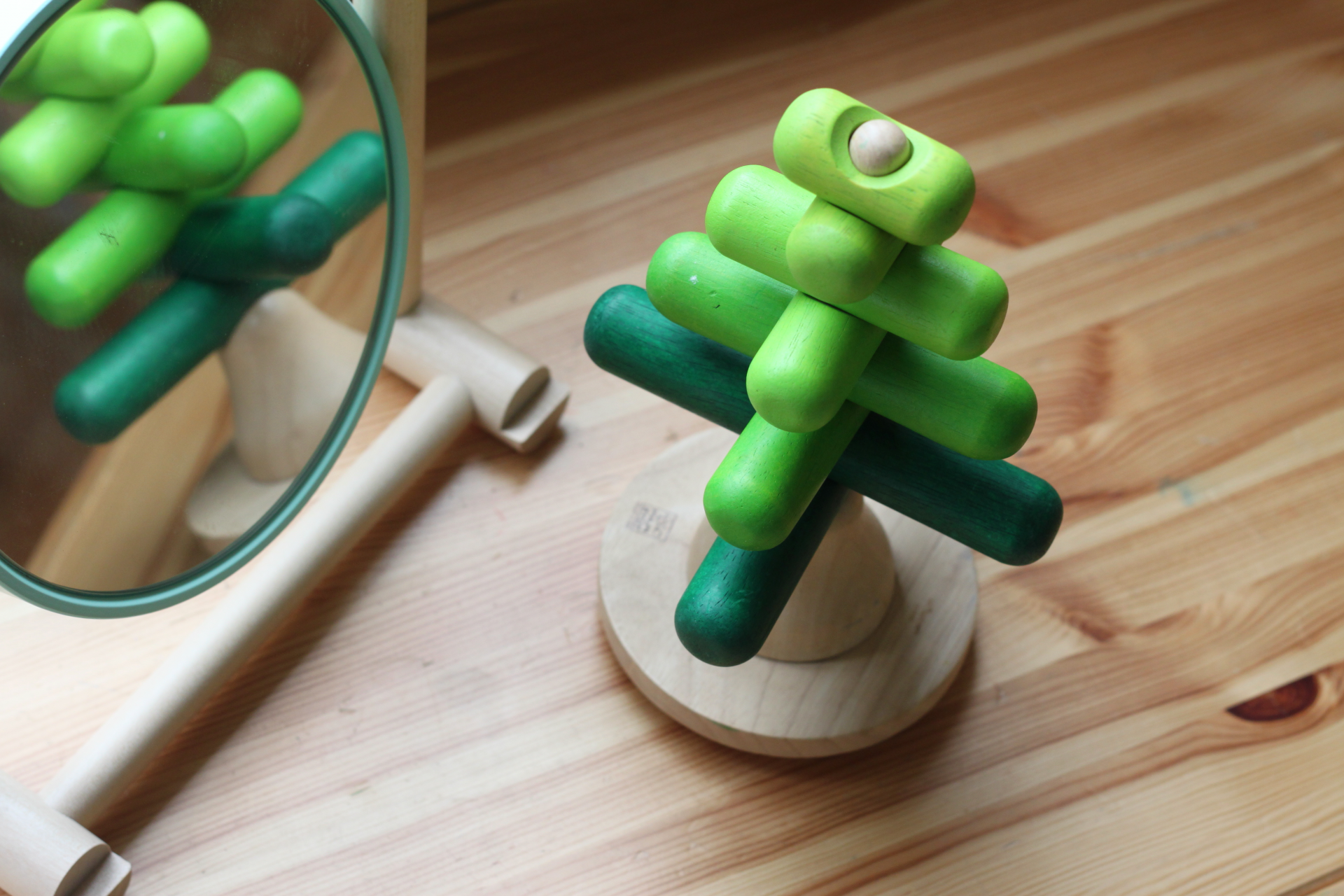


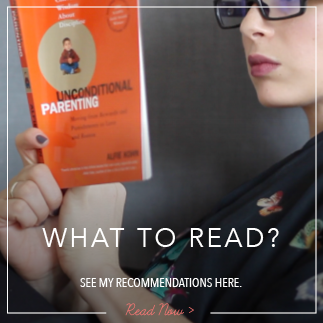
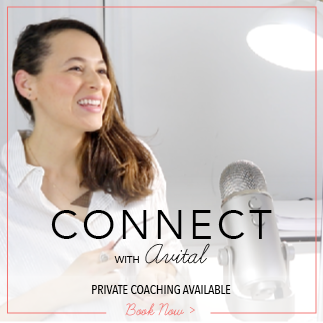


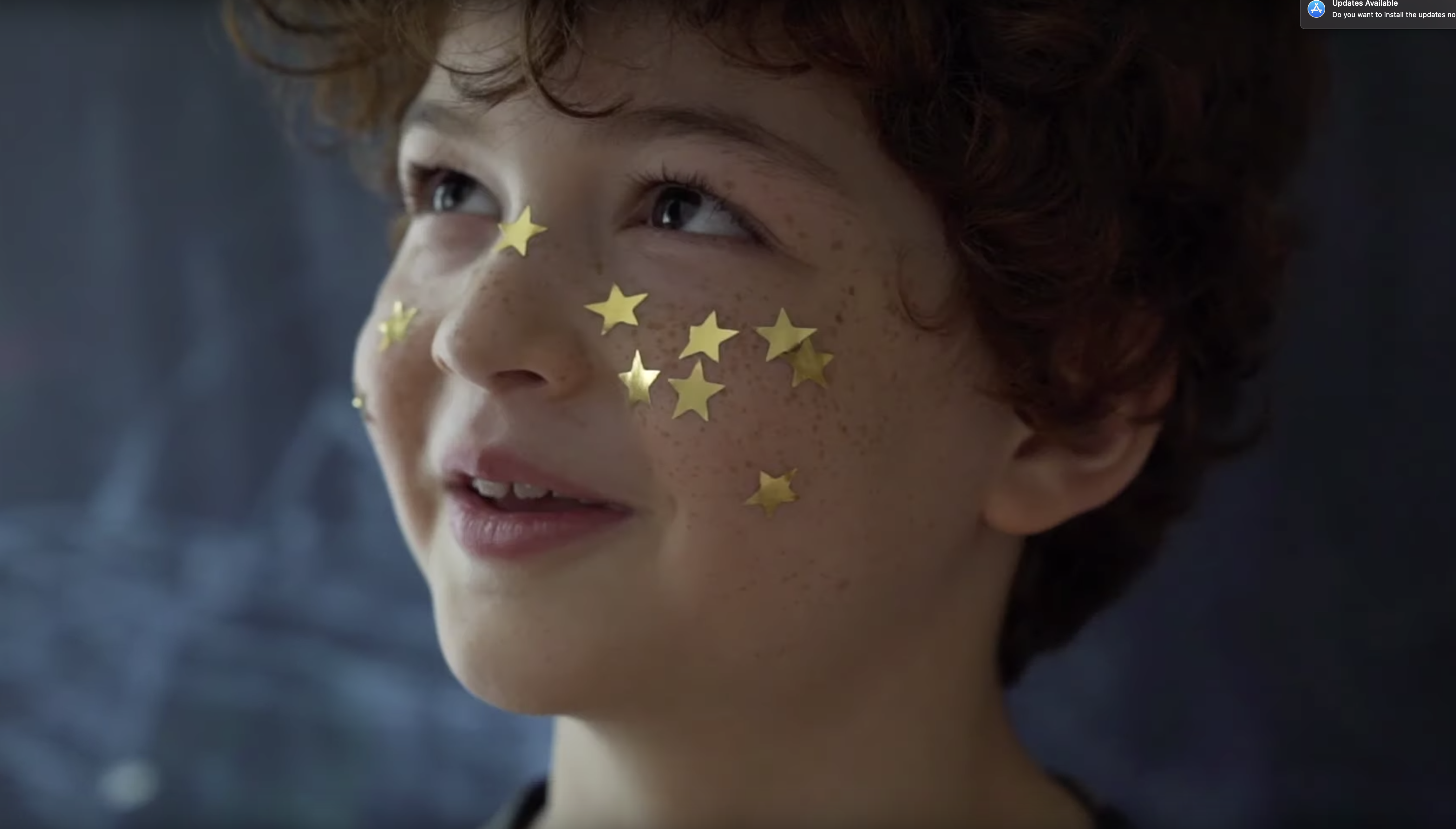
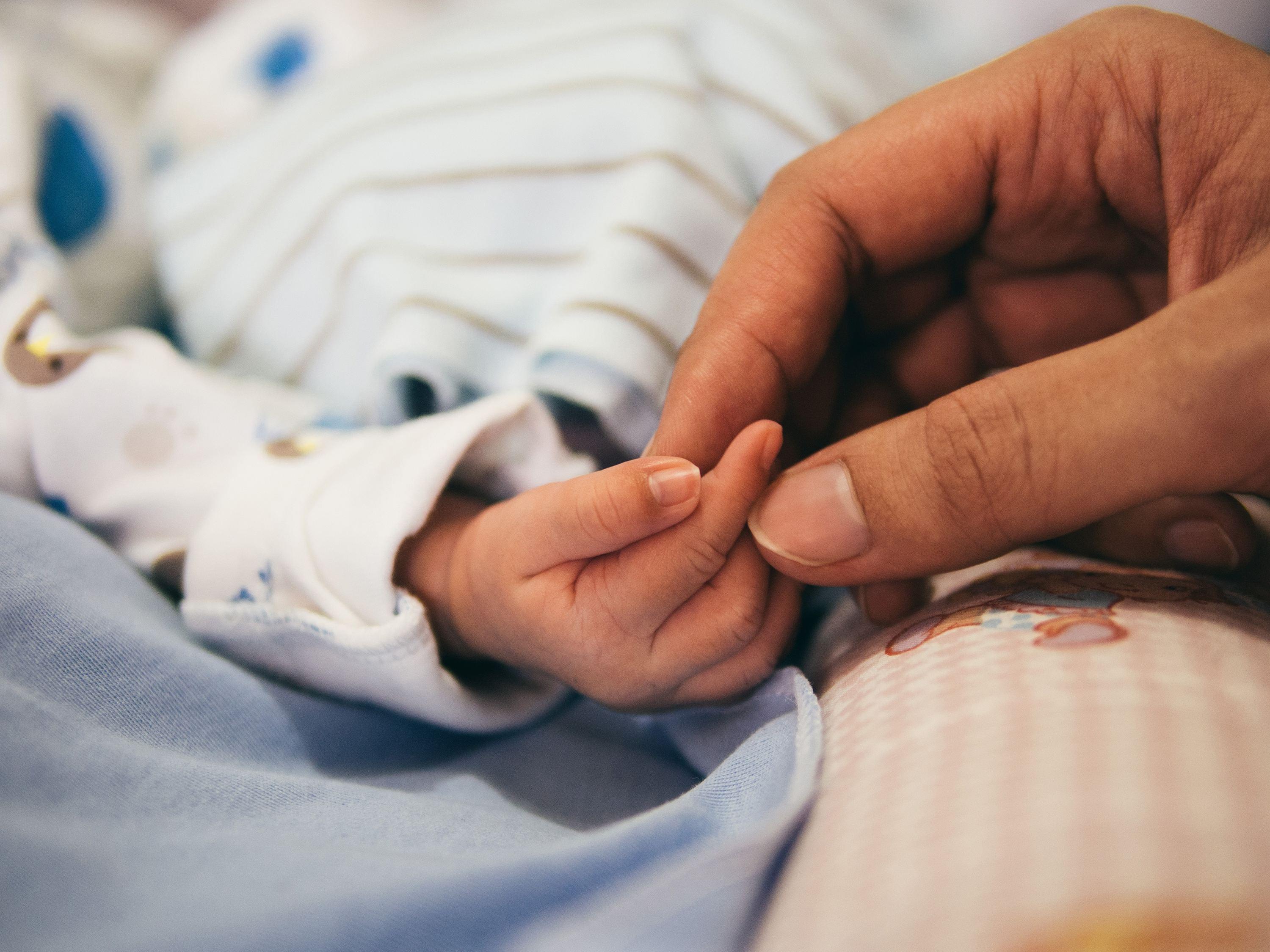
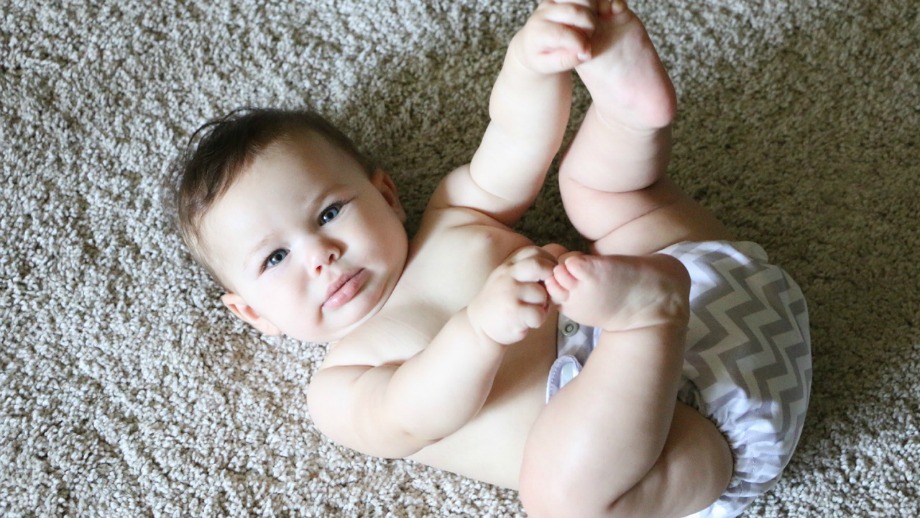
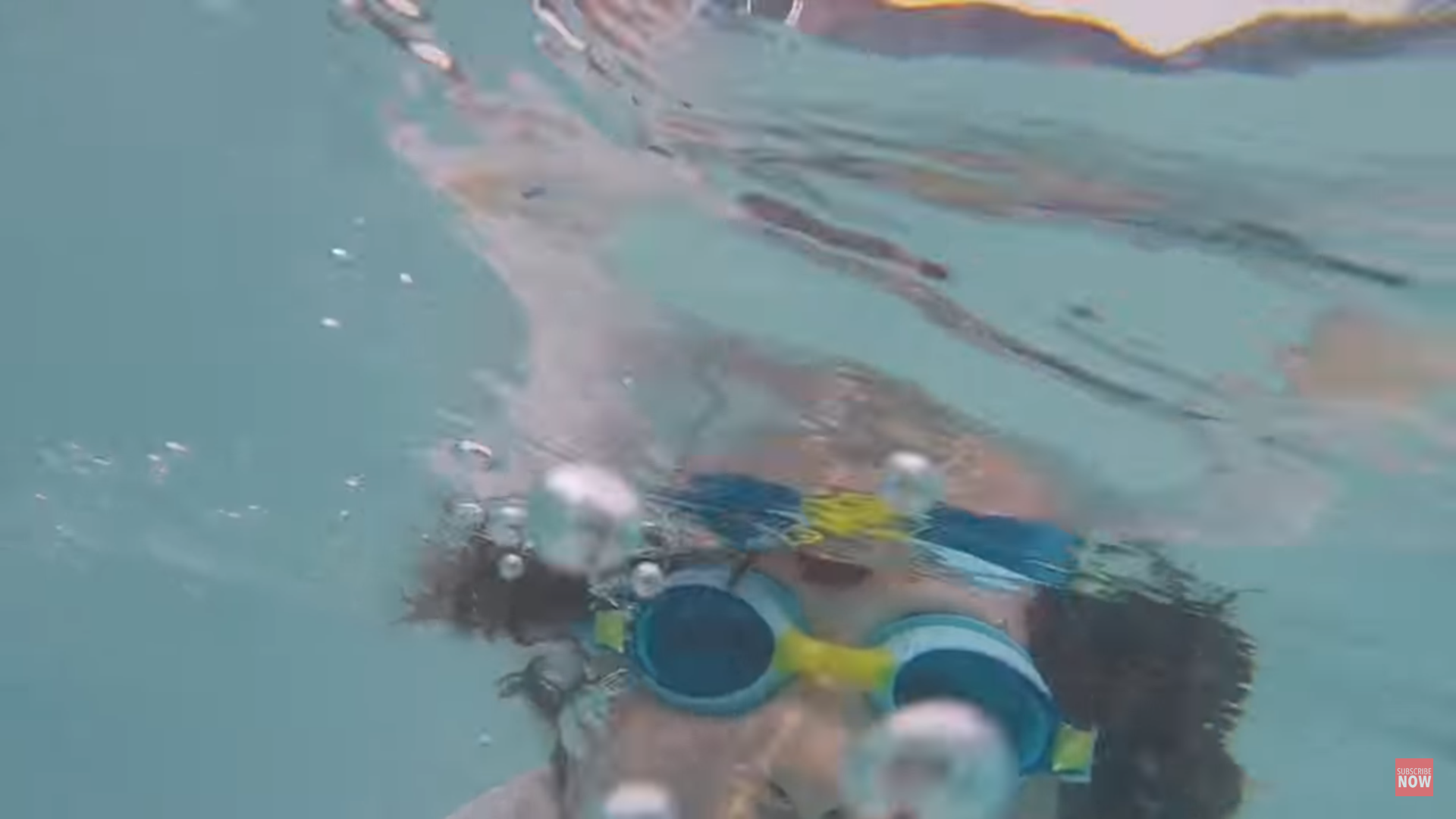
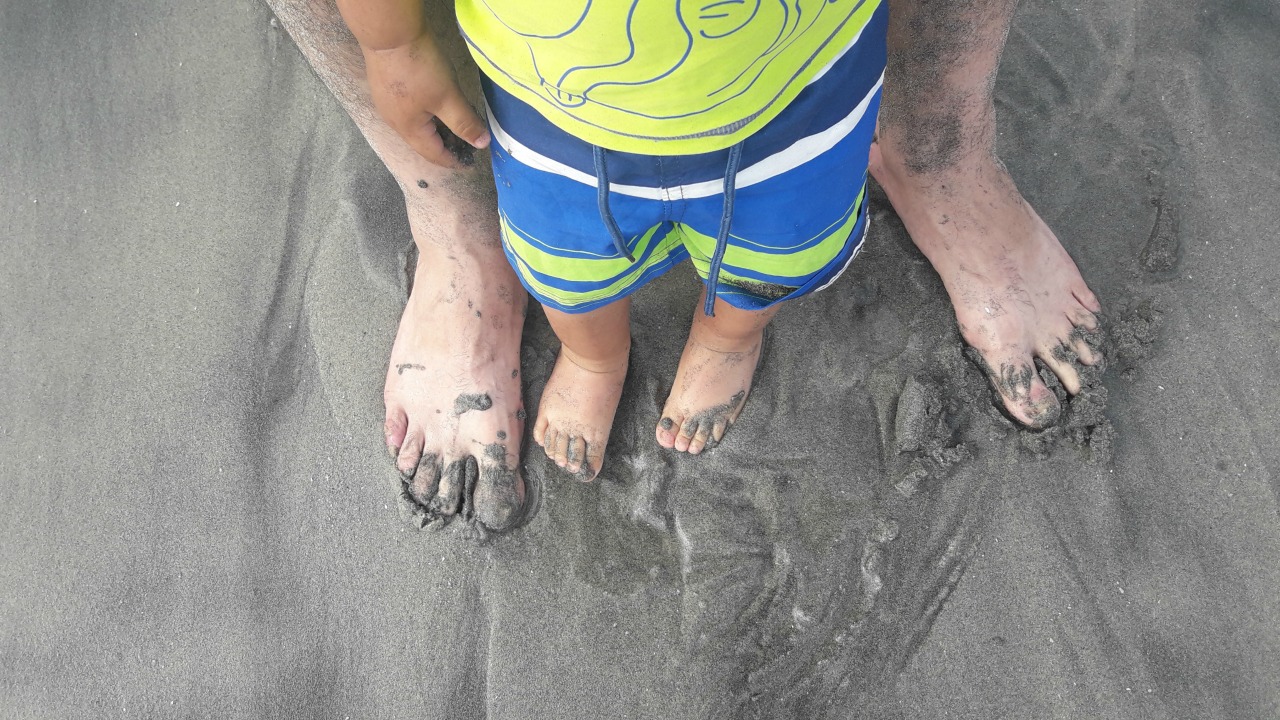

0 comments